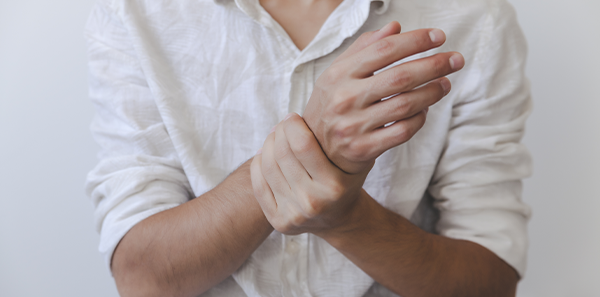
Anxiety is the manifestation of an emotional state in which the individual feels and describes themselves as restless, nervous, tense or frightened by specific or perhaps undefined concerns. It’s an emotion that all human beings have experienced at some time in our lives.
Anxiety is suffered at a psychological level, but also at a bodily level. This can involve biological factors (genetic, structural and biochemical), psychological factors and social factors.
In broad terms, some of the psychosocial factors could be summed up as referring to issues such as “health”, “money” and “love”. Issues related to each of these three aspects can lead to the most frequent symptoms of anxiety.
The most notable symptoms could be described as:
- Feeling of apprehension, general dread, fear… even panic.
- Insomnia, attention and concentration difficulties, memory alteration.
- Palpitations, hypertension, sweating, dry mouth, dyspnoea (shortness of breath), polyuria (excessive urine production), diarrhoea, etc.
Anxiety disorders include different types:
- Specific phobia.
- Acute or post-traumatic stress disorders.
- Generalised anxiety disorder.
- Social phobia.
- Anguish disorders.
In terms of treatment, depending on aetiology and evolution, a distinction can be made between psychological treatment using behavioural therapy techniques and medical treatment that includes a battery of medically prescribed drugs such as anxiolytics, antidepressants, psychotropic medication, etc.












